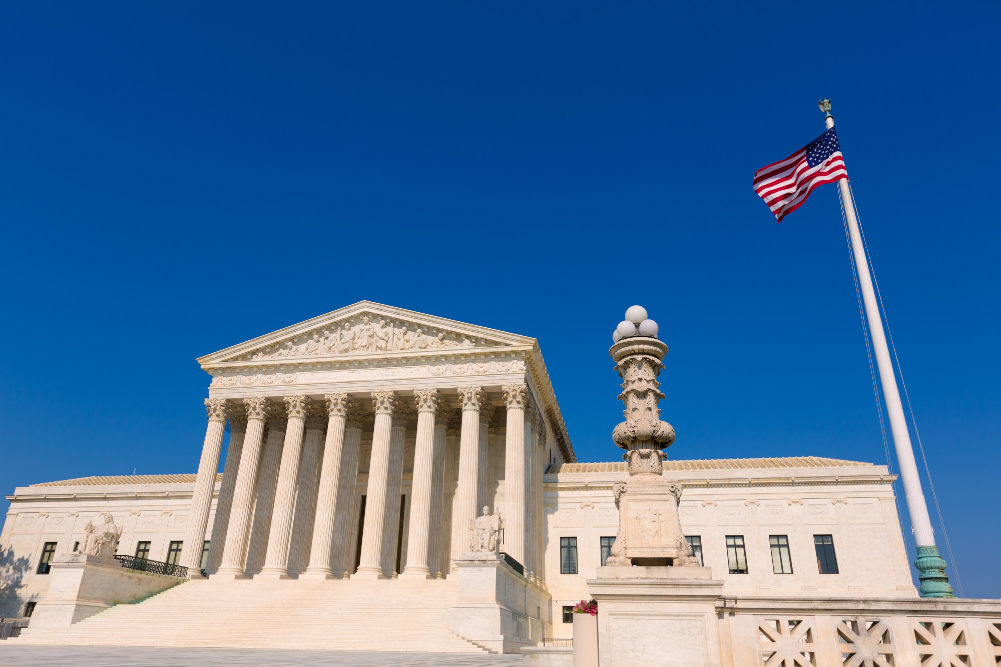The Supreme Court continued in relevant part: The question then becomes whether that presumption of immunity is rebutted under the circumstances. It is the Government’s burden to rebut the presumption of immunity. The Court therefore remands to the District Court to assess in the first instance whether a prosecution involving Trump’s alleged attempts to influence the Vice President’s oversight of the certification proceeding would pose any dangers of intrusion on the authority and functions of the Executive Branch.
The indictment’s remaining allegations involve Trump’s interactions with persons outside the Executive Branch: state officials, private parties, and the public. In particular, the indictment alleges that Trump and his co-conspirators attempted to convince certain state officials that election fraud had tainted the popular vote count in their States, and thus electoral votes for Trump’s opponent needed to be changed to electoral votes for Trump. After Trump failed to convince those officials to alter their state processes, he and his co-conspirators allegedly developed and effectuated a plan to submit fraudulent slates of Presidential electors to obstruct the certification proceeding. On Trump’s view, the alleged conduct qualifies as official because it was undertaken to ensure the integrity and proper administration of the federal election. As the Government sees it, however, Trump can point to no plausible source of authority enabling the President to take such actions. Determining whose characterization may be correct, and with respect to which conduct, requires a fact-specific analysis of the indictment’s extensive and interrelated allegations. The Court accordingly remands to the District Court to determine in the first instance whether Trump’s conduct in this area qualifies as official or unofficial.
These remands to the District Court will result in additional delays and appeals. If Trump is re-elected, he will pardon himself and the instant litigation will result in a waste of time and judicial resources. If that scenario unfolds it will occur before a jury trial occurs. Otherwise, the waste of time and resources would be exponentially greater.
